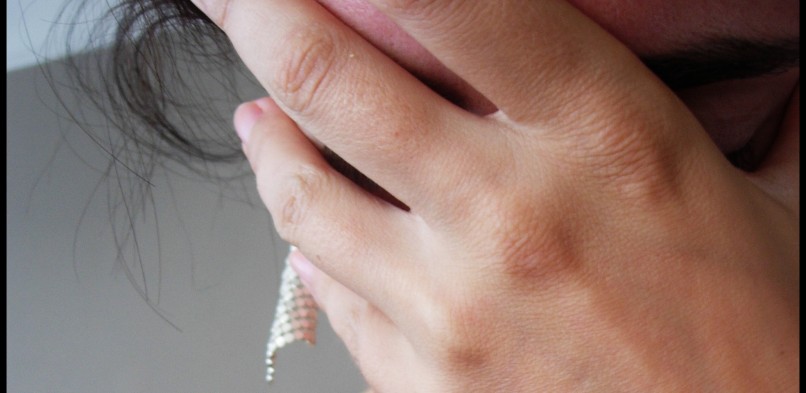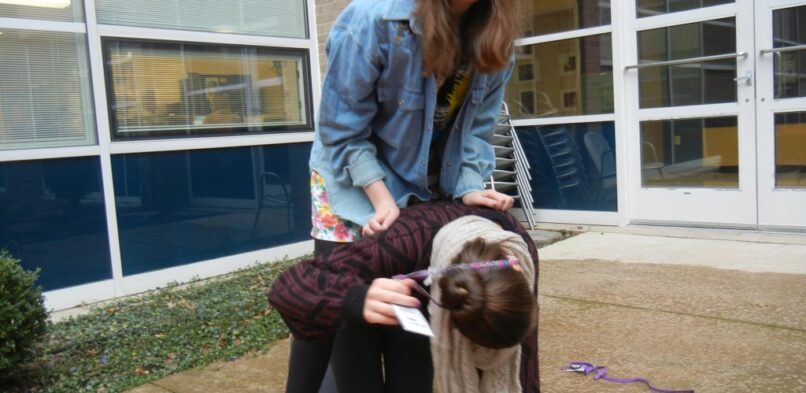Protecting children from online erotica/pornography
June 27, 2015 Comments Off on Protecting children from online erotica/pornographyNearly every school system in North America is beginning to debate the use of the internet in schools. Wifi has become ubiquitous, LTE connections are in nearly every student’s backpack and the hand wringing and panic over what children are surfing has reached epic levels.
Read more








